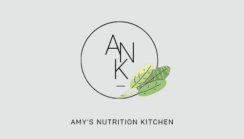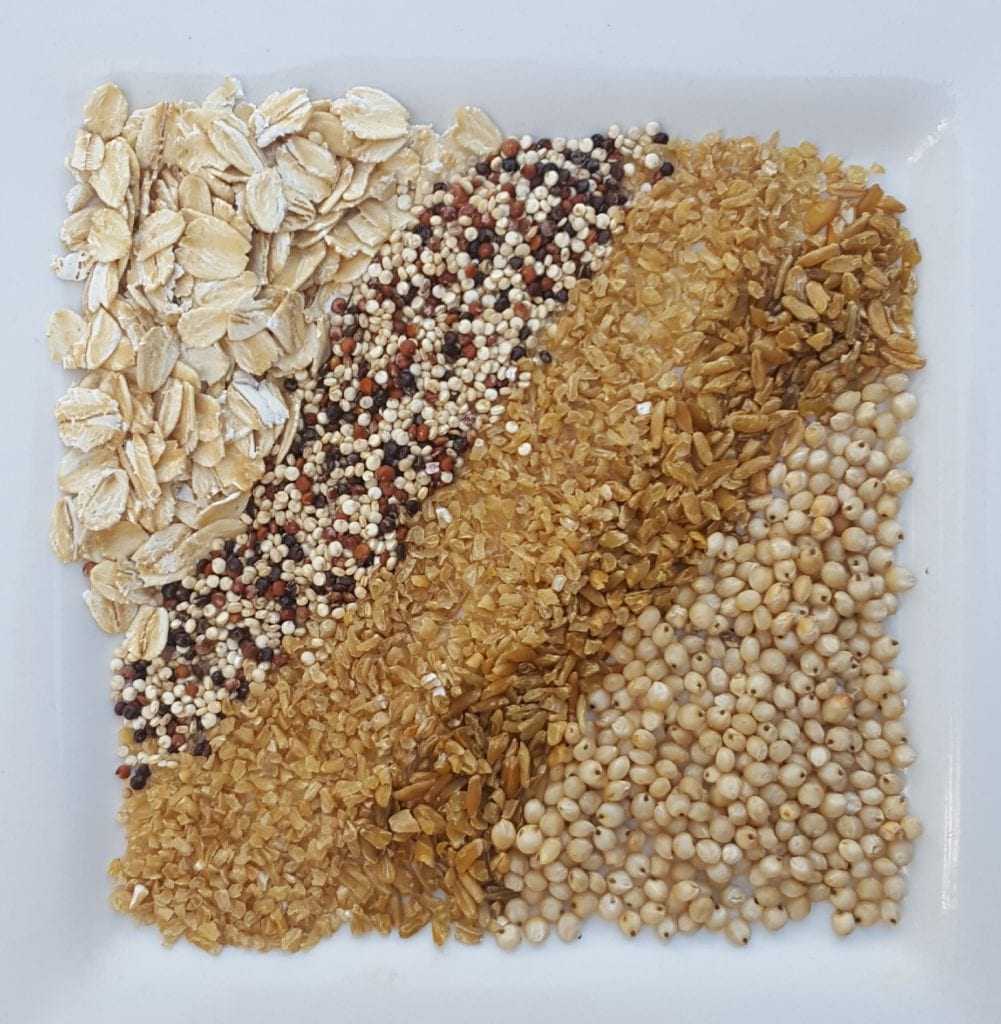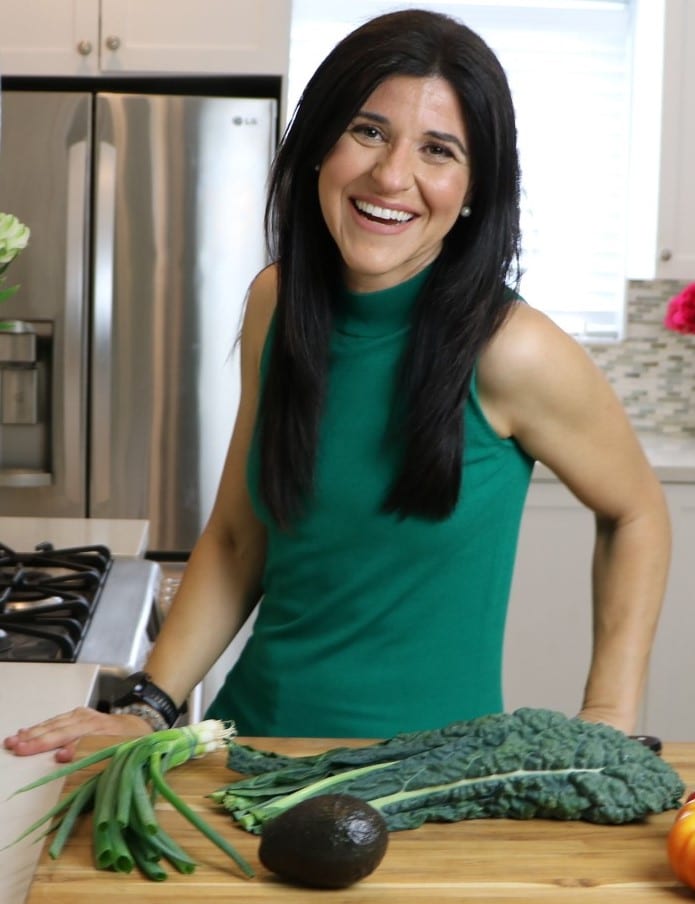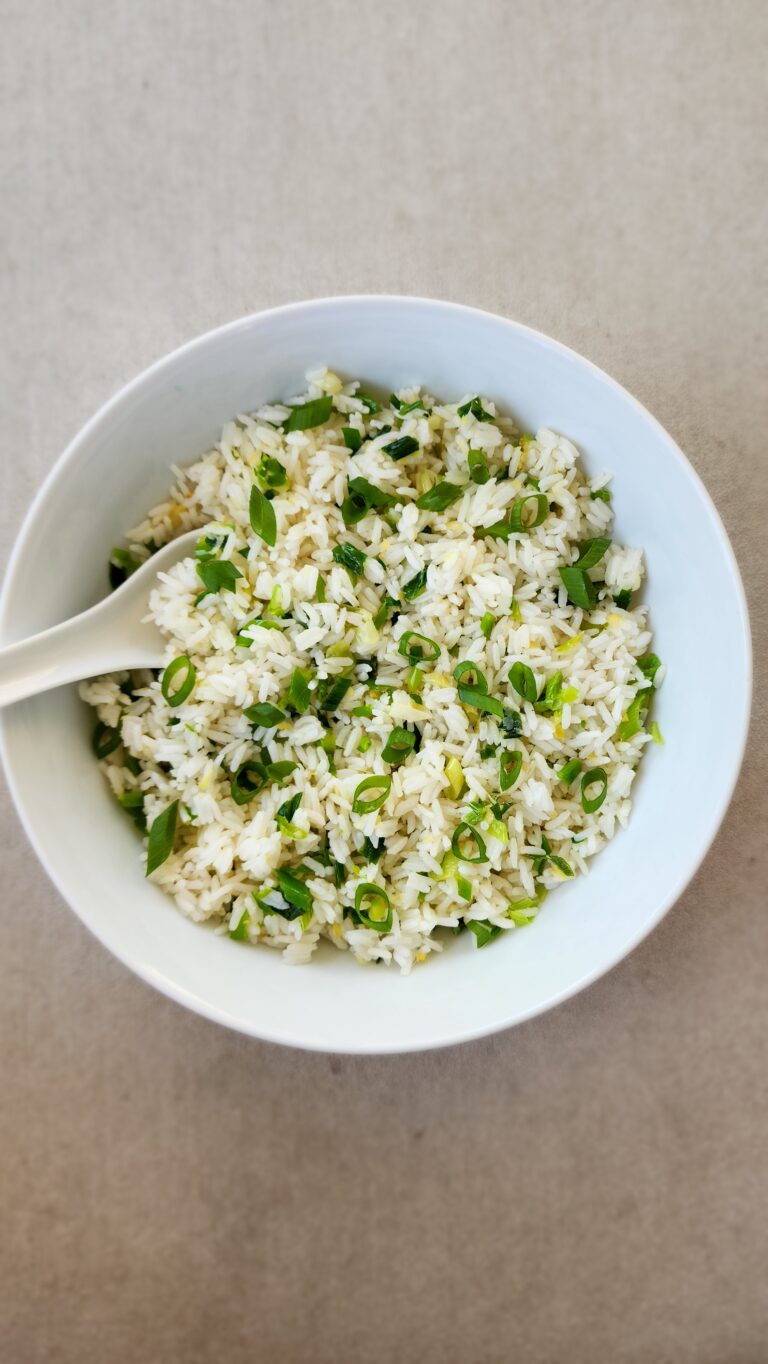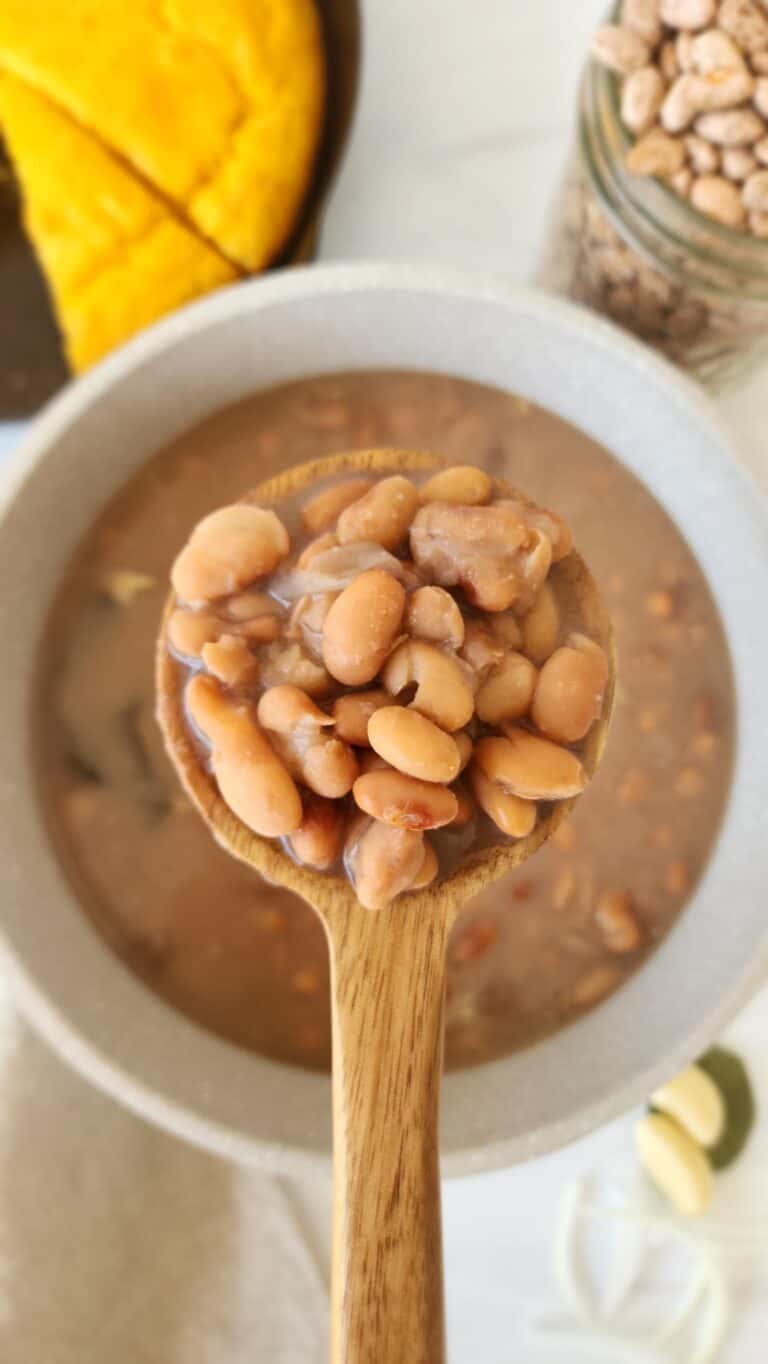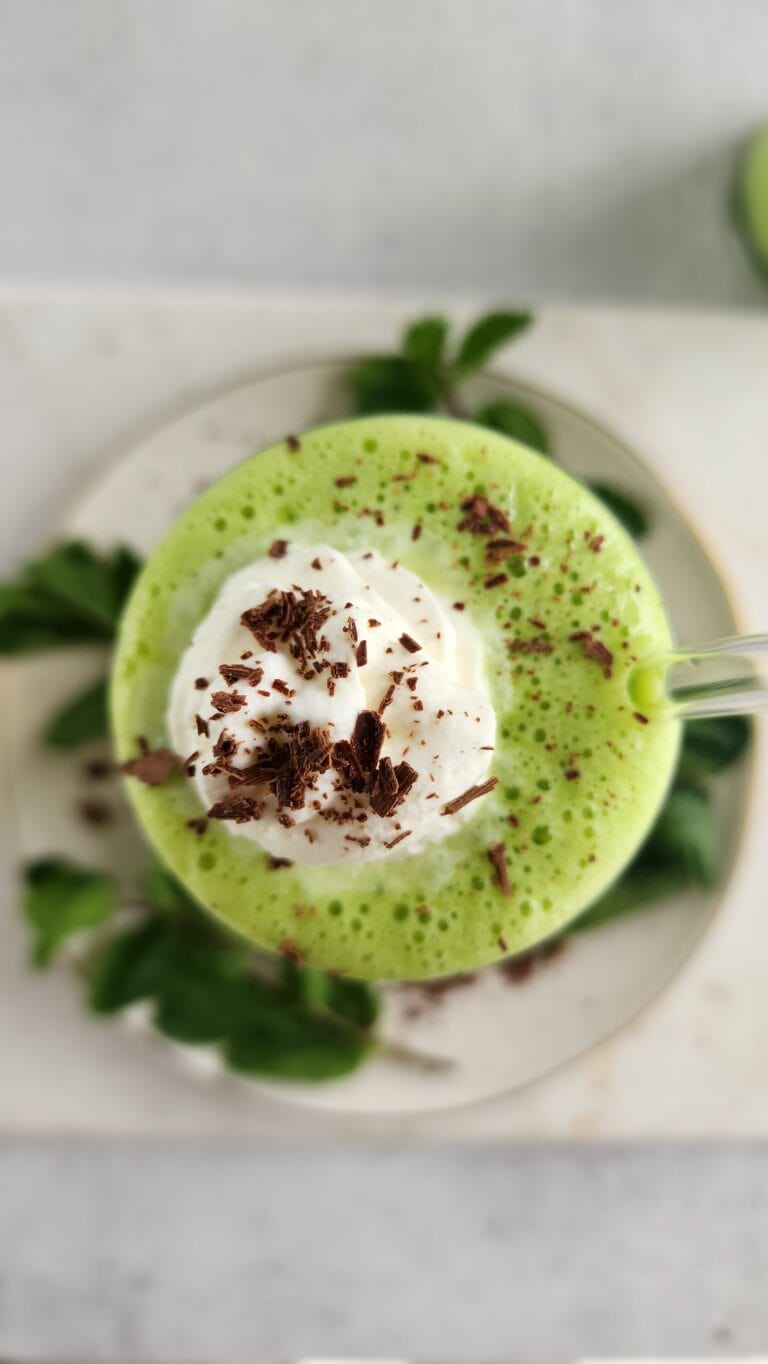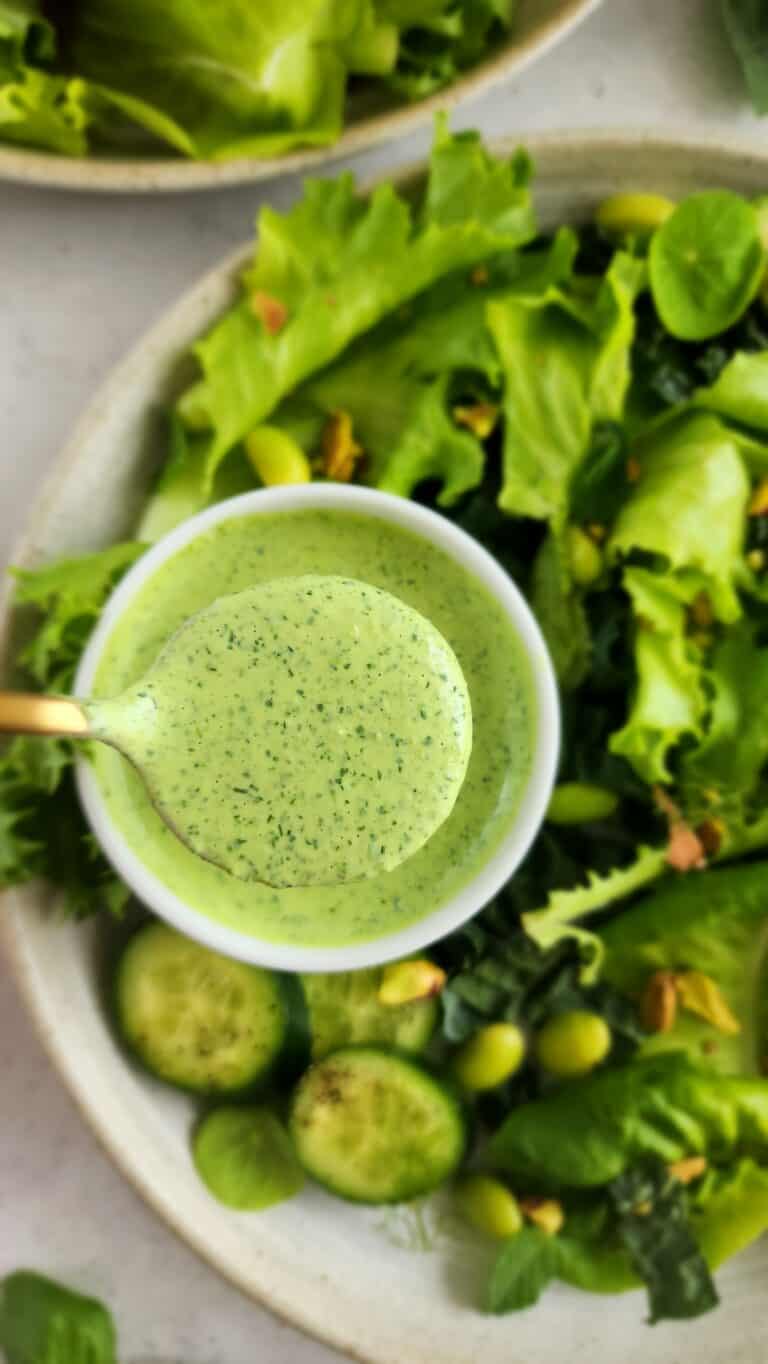I debated on whether or not to write this post. Some dietitians will agree with me and some will obviously not. That’s the beauty of opinions. So here goes…Recently the trend has been for food manufacturers to have food bloggers promote their products. On the pictures the food bloggers will write #ad #sponsored so it’s well apparent that they are promoting a product. This is the state of social media these days, hashtags help promote. Add that to a popular food blogger and people are out buying their products. The food manufacturer’s win and win big $$. How much are the food bloggers paid? I don’t know and I really don’t care. What I as a dietitian care about is for people to be healthy. And let’s be honest all these products that are being promoted are not healthy. Food bloggers are not all dietitians, so I don’t hold it against them to know any better. And as I said, if you see your favorite food blogger making a yogurt parfait with some sugar laden yogurt (or whole-milk based yogurt), you are going to go buy that product. You want to make exactly what the food blogger is making. I’ve been there – if it looks good, I’m immediately at the store buying the ingredients. Yes, I’m addicted to cooking and baking and all things food. But the product endorsement these days is now involving dietitians. Yes our underpaid selves are now accepting sponsorships from questionable products. I’d love to say that all dietitians are picking healthy products/brands, but the truth of the matter is they are not. I scroll through enough Instagram pictures to know that I do not have sugar laden yogurt in my refrigerator. It’s a mixed message when you promote that and people believe it is something they should go eat. So when does it cross the line between profiting yet promoting health? This is just one of the reasons why I think dietitians should be paid more as a profession (the age old debate)…maybe then we wouldn’t have to get sponsorships. I’m all about preventing disease, but in the nutrition world that’s an ideal world to live in. People do not think about prevention, but rather start paying attention once there is an illness. I hope through my blog I’m able to show people that healthy can taste delicious…I think my pictures are proof.
As a dietitian, patients ask me all the time, “what product should I buy?” I try to stay as impartial as I can be – educate the patient as to what key words to look for on the label and from there be able to choose whichever brand that may be. Because at the end of the day they are not always going to have you (the dietitian) in their back pocket. Teaching them how to make these decisions is critical, because let’s face it the supermarket is overwhelming. I forget the stat at how many new items come in to the store on a weekly basis, but it’s hard even for me to know some of the latest products. Enter, teaching how to read the label to patients so they can now make the better choice. My co-worker leads a Navigating the Supermarket tour here in Miami (and I’ll be doing them soon too!) but it’s inevitable that the question comes up “which brand should I buy?” Education is key in making the healthier choice. Re-directing the patients to be able to see that they now can read the label and make the best choice for them (and their family). It’s empowering. Peanut butter really should only list as the ingredients, peanuts, salt, and that’s it. Yes, that’s it. I don’t care what brand you buy, but the bottom line is anything else added in is either sugar or an unhealthy trans fat that no one needs. It’s hard to navigate with all the marketing strategies and not feel like you’re being deceived. I get it. Just know that they do want you to buy their product – “double fiber” bread I see you. We’re all working to improve how we eat. Figure out what your goals are (as they are different than mine) and begin to change one thing at a time and build as you go. It won’t seem so overwhelming that way. Promise. The following are products that I use in my kitchen – no I am not sponsored and these are not ads. It’s just what I eat. And while this might seem like a product endorsement, I like to see it as I discussed, a teaching moment. Read on to see what I say about the items and again, forget the brand, buy whichever brand you want that fits the bill of what I describe. Because in Florida the brand might be Publix, where in California it might be Ralph’s or Kroger’s.
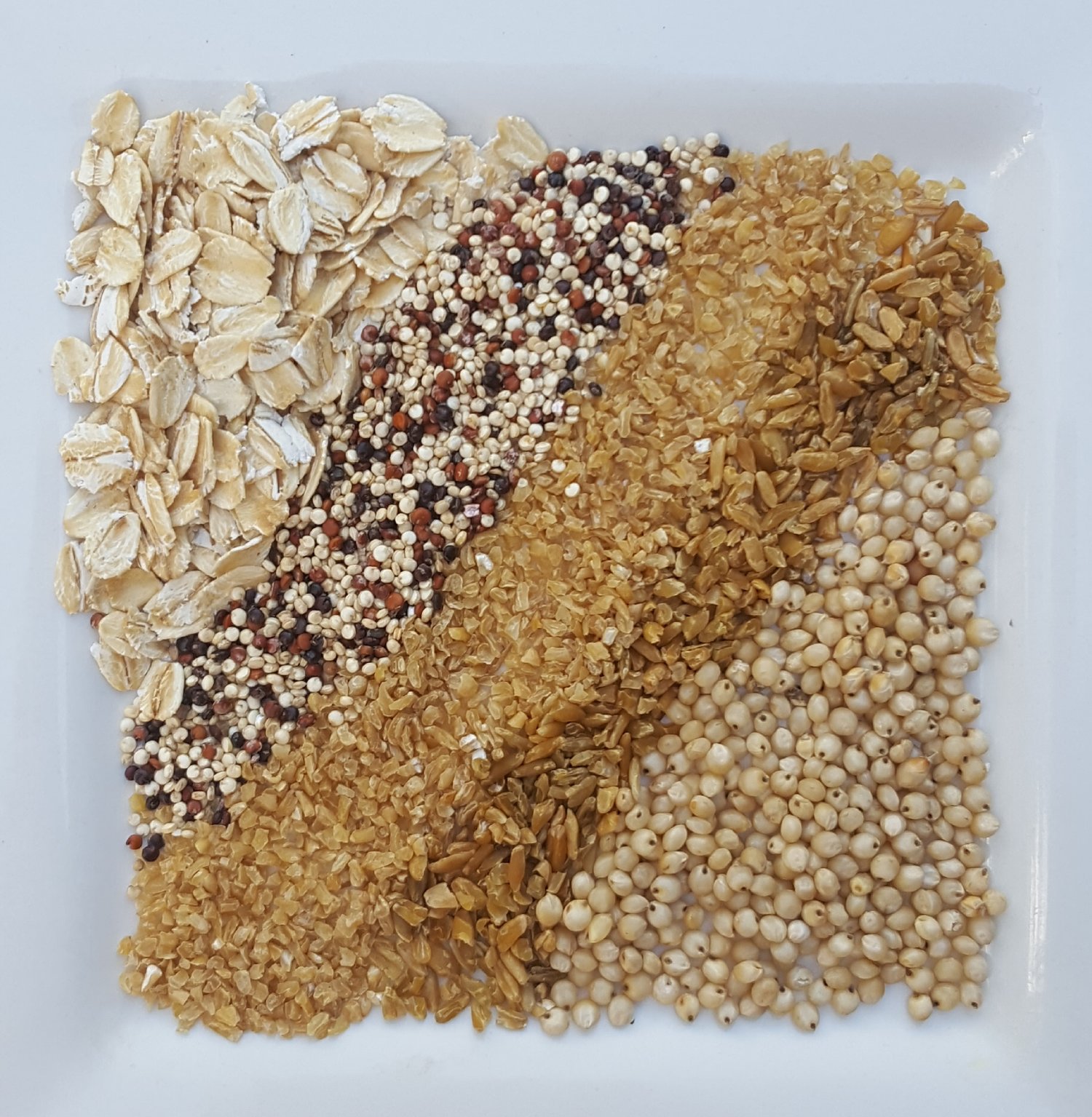
Whole Grains. Oats. Quinoa. Bulgur. Farro. Sorghum. (featured in the picture, but there are more grains – wheat, rice, spelt, buckwheat, couscous and more!) They are all different varieties of grains. But are they whole? It can get confusing when you’re at the store. Are they added in with spinach powder or inulin (extra fiber) or are they just one ingredient on the label? I’ve been challenging myself recently to rotate the whole grains that I’m eating. I get in a rut and eat brown rice on repeat. The truth is that half of your grains should be whole. And with those grains, there should be a variety. That’s the goal anyways. Aim to find some whole grains you are able to include and stray from the enriched grains – think white flour that’s been stripped of the vitamins, minerals, and fiber, that they then try to add it back in. If you’re not into quinoa, that’s fine. The idea is to find a few whole grains to incorporate into the mix and lessen the amount of enriched grains we are eating. P.S. if you’re not into quinoa, try this recipe and then let me know if you’re not into quinoa.
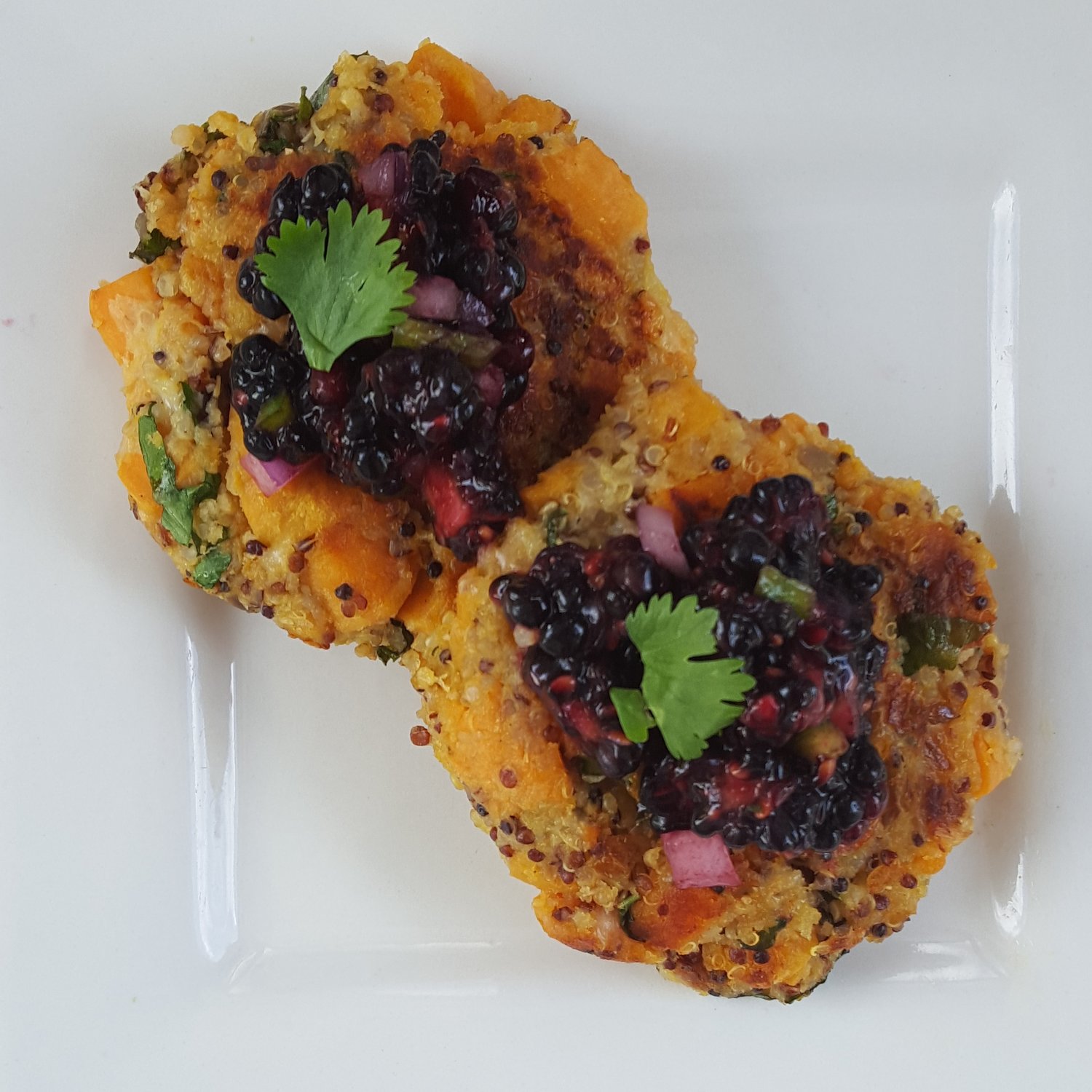
Keeping with the theme of whole grains. It’s hard to find a whole grain cracker in the store. Period. Here’s one that I recently found that doesn’t taste like cardboard. I would love to say that I make my own crackers, but the truth is I need something quick sometimes. These have been in the rotation. I love their picture they added on the front for a balanced snack – cracker for the whole grain, cheese for the protein, and some fruit for some more carbohydrate, but hey it’s still balanced. I use ricotta cheese sometimes with tomato and basil with a drizzle of balsamic vinegar. And when I’m really in a pinch a simple smear of a nut butter does me just fine. Here are a couple other crackers I also have in the rotation, you know for variety.
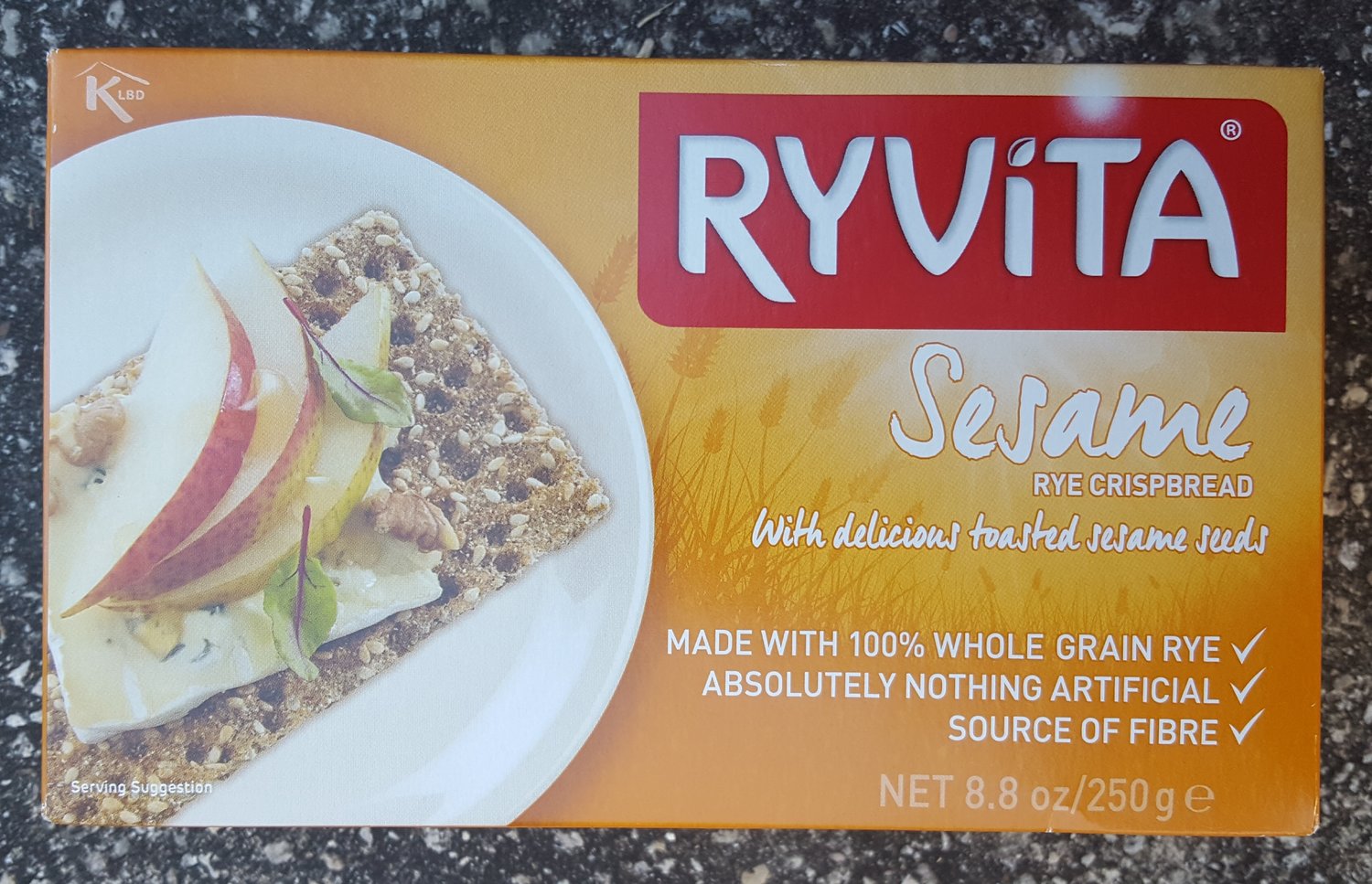
Here is another cracker that has been around for awhile now and Trader Joe’s just recently surfaced with one that’s quite simple as well – where they mixed in seeds, they are quite delish as well. Simple, minimal ingredients, that’s what you’re looking for. Challenging when it comes to crackers, but the goal is to aim away from anything with “partially hydrogenated oils” – while that does provide flakiness to a cracker it also provides trans fat and that is not dietitian approved.
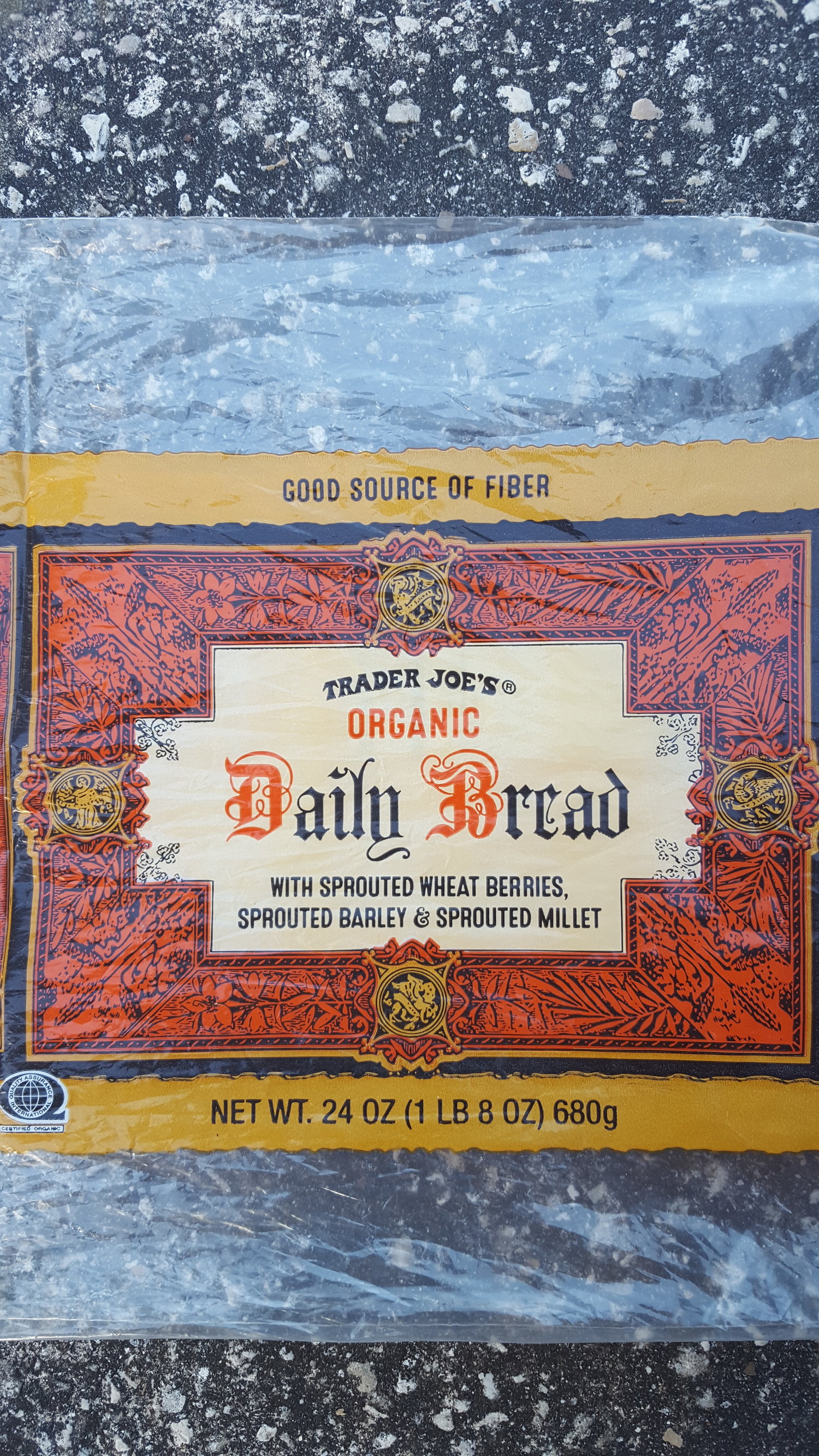
I have recently been making my own bread and have been successful (and didn’t think I would be!) But as back-up sprouted breads are my go to – again forget the brand, think sprouted bread. So what is sprouted bread? They are made from whole grains that have been allowed to sprout – germinate before being milled into flour. Enzymes are released during the sprouting process, which breaks down proteins and carbohydrates – this helps aid in digestion and is helpful in absorbing nutrients. As there are no preservatives added in they will get moldy. I keep mine in the freezer and use as needed – the perk of bread in general, it can be frozen!
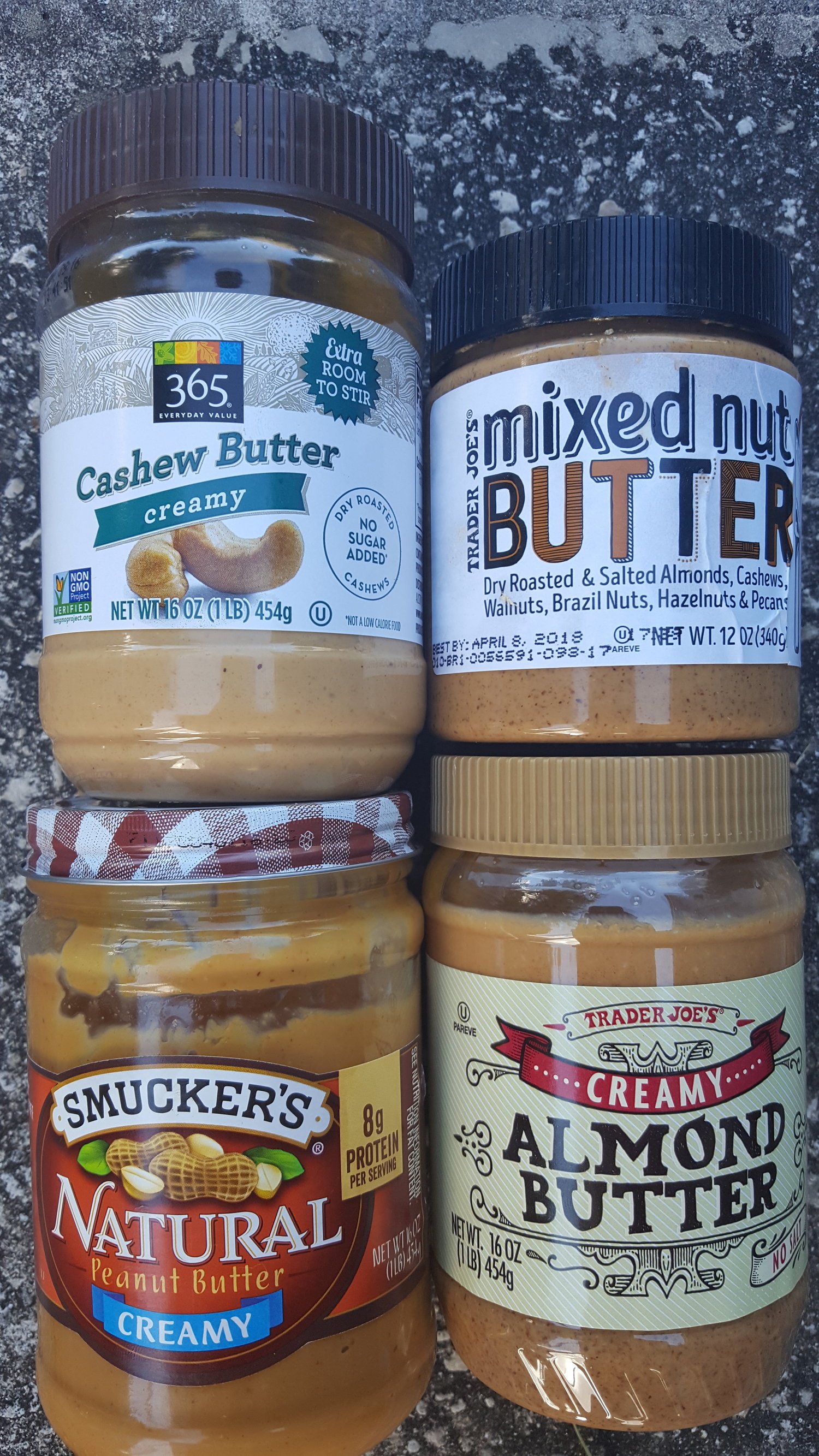
I eat nut butters daily. I rotate which nut butter that I’m eating to get a variety, not only for flavor, but also for different vitamins and minerals. These are my standard nut butters in my rotation. I recently made my own nut butter and that was similar to the mixed nut one I recently found at Trader Joe’s. I also splurge occasionally on a walnut butter that is divine. I have tried pecan butter as well, but found it to be quite bitter – I’m not sure if the jar I got was already rancid? But it was definitely not my favorite. I’ve wanted to make my own and recently got a new food processor, so I’m thinking I’ll need to try it. This recipe has some cinnamon and vanilla, maybe that will help with the flavor – update: I did make it and it was delish. I’ll admit I added just a teaspoon or so of maple syrup. Yes I know that is added sugar, but there’s something about the pecan that leads to a little off flavor. The cinnamon helped, but it still wasn’t right. Next time I’ll try vanilla instead of the maple syrup, but in all honesty I had the control over how much maple syrup I added in and it was barely any at all for how much I made, and yet just the right amount to remove the bitterness. Score for a new nut butter in the rotation!
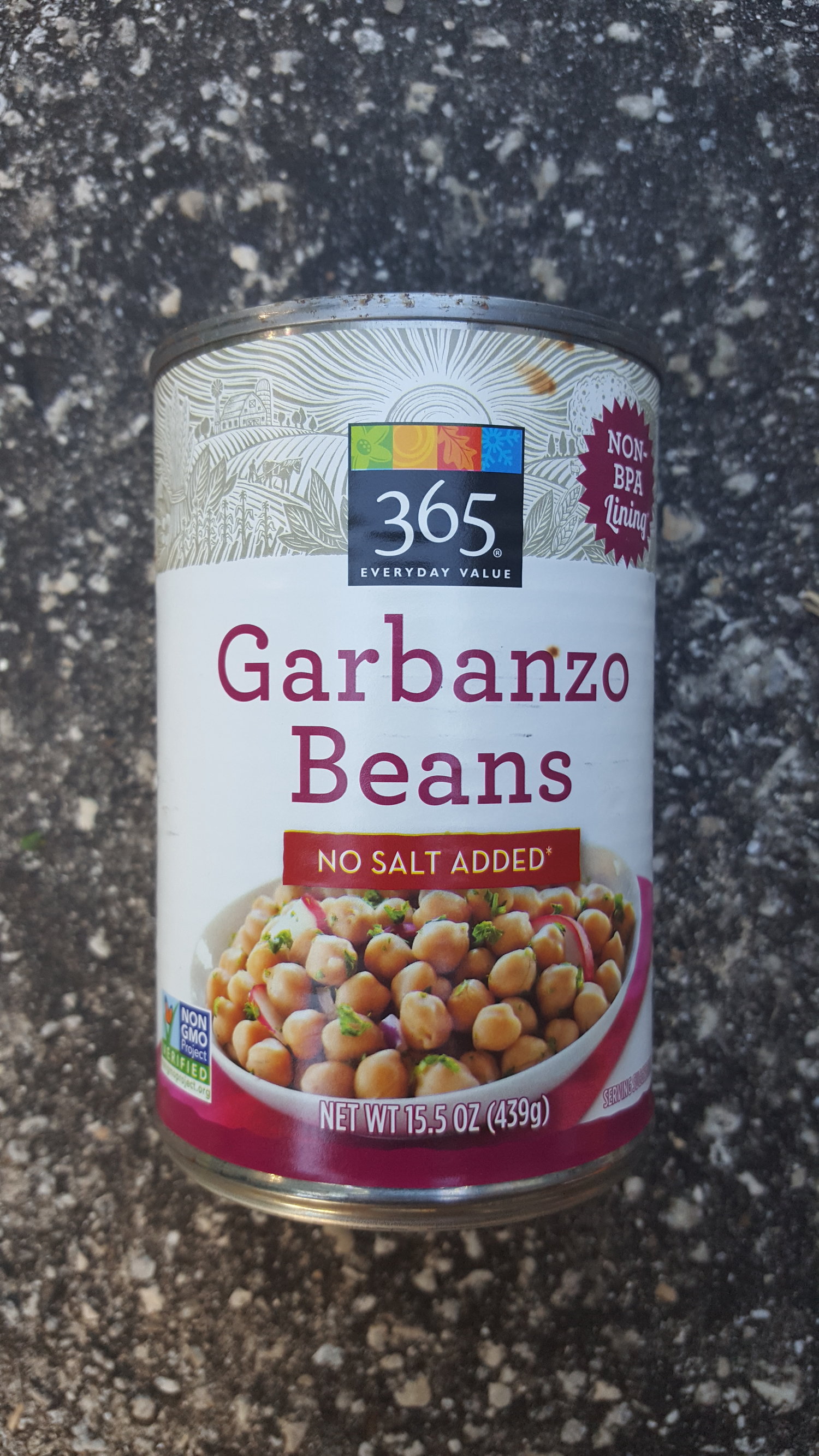
I eat canned beans. There I said it. People often look to me as a dietitian and question why I don’t make my own beans. Real life answer? Have you ever made a pound of dried beans? Do you know how much it makes? As a single person, canned beans work just perfectly. For quantity and not to mention allowing me to have a variety. These canned beans are cost effective, BPA free, and bonus? They have NO added salt. That’s right, NO added salt. If companies can make the beans without salt then why aren’t more companies doing this since most times canned products are uber loaded with salt? There are more options these days – just the other day in the supermarket tour I saw three other brands that had NO added salt. Less sodium is starting to catch on and companies have responded. The whole rinsing the beans to take some of the sodium off is a good notion, but I think it’s best to start with none (as these beans are) and as you begin to build your meal you have more control over where the sodium comes from (in my humble dietitian opinion). The other thing recently I’ve been experimenting with is the liquid from these chickpeas. It’s called aquafaba. It’s gaining ground in vegan baking. I did it just the other day where I whipped the aquafaba as if they were egg whites with a little cornstarch and folded it into my cake batter.
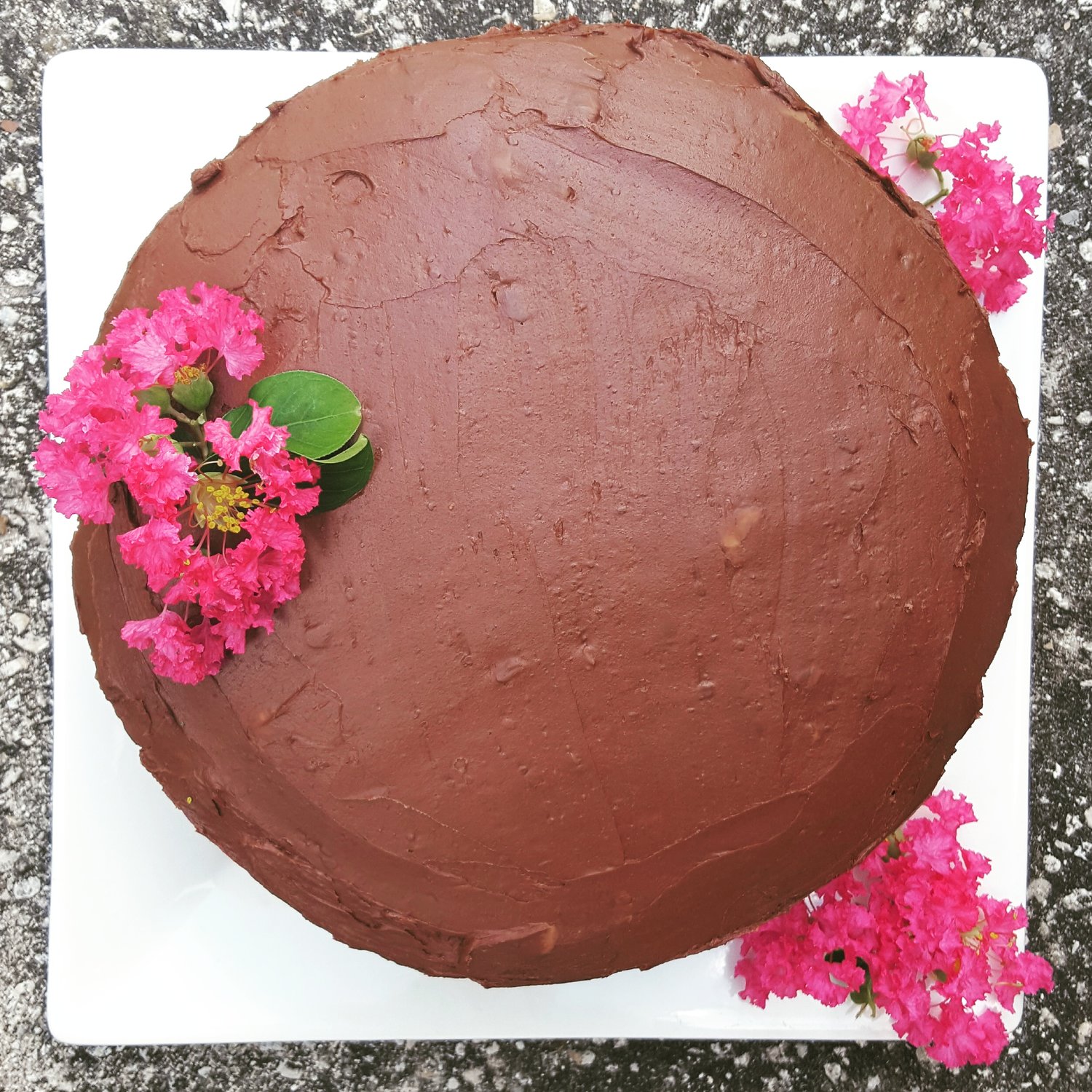
While you can’t see the inside of this beaut, the aquafaba definitely provided a level of lightness to this cake (and without having any off tastes – I knew what you were thinking – leftover bean residue?! No off flavor, I promise – just ask my friends!) So canned beans are definitely a viable option and can be deemed healthy. Just watch the sodium content and aim to go “No Added Salt” if possible.
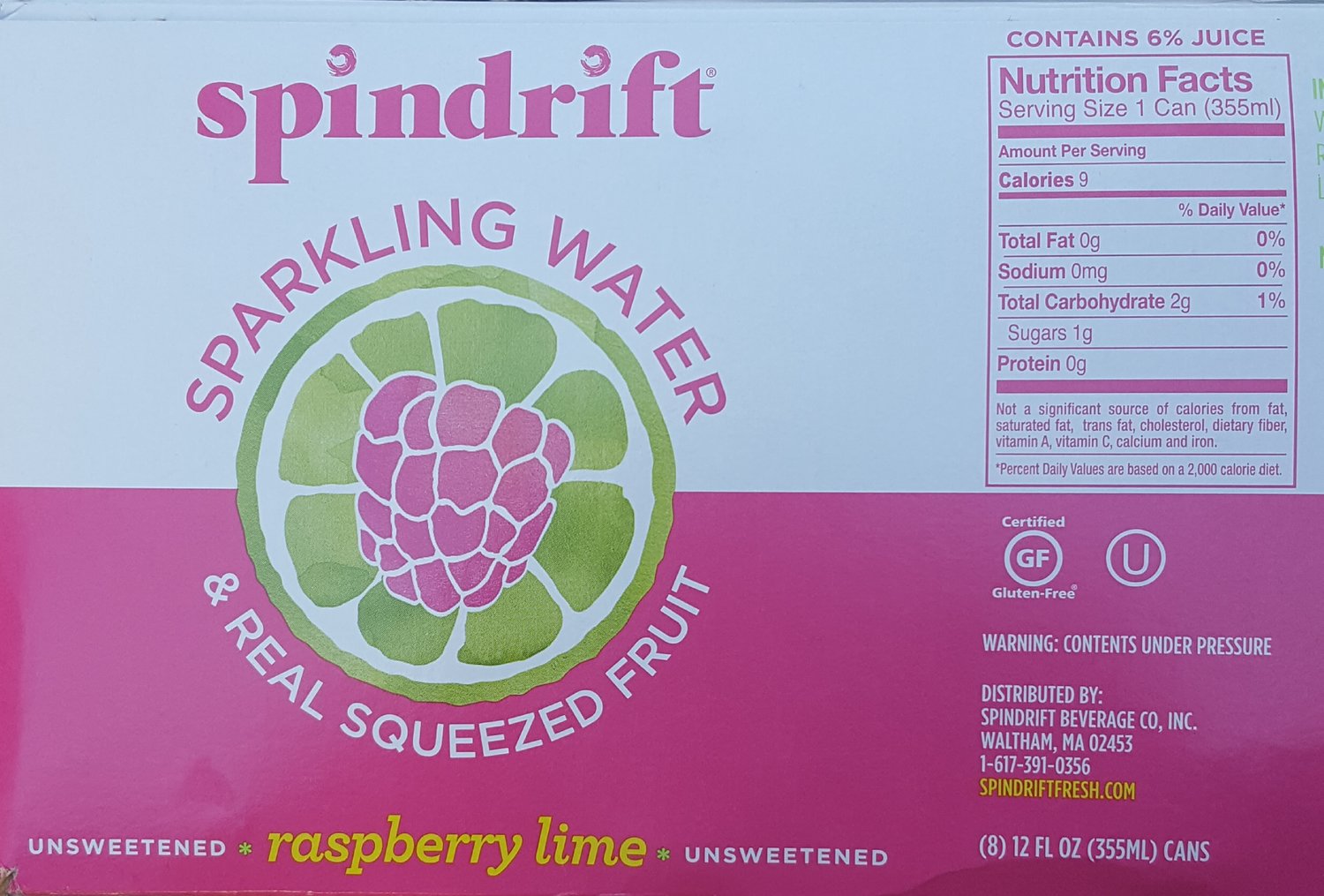
If I were a sparkling water fan, these would be one I would drink. (I’ve heard La Croix makes a few good flavors as well, but these actually have some actual fruit juice in there!) There’s just something about the bubbly that makes me burp…so, yeah, sparkling water isn’t my jam. Hydration is key in the summertime and patients tell me all the time how “water is boring”. For me, water is life and I have NO problem drinking plain old boring water. But I do understand how people want something other than water and something that doesn’t contribute too many calories. This would be an option.
My job as a dietitian is to educate people on how to make better food choices with the ultimate goal of helping people become healthier. It’s a hard job to do with so many food options available., not to mention sifting through all the marketing confusion, i.e. “No Cholesterol” – when it never had any cholesterol to begin with. As a dietitian I don’t want to be a part of the confusion. Promoting a product and being sponsored by a food company might seem like a good way to bring in a few extra dollars to some, but to me that only creates even more confusion for the consumer. I’ll continue doing #TasteTestTuesday and showing different products on the market that are #dietitianapproved. Keep in mind, I’m not being sponsored and it’s not an ad, it’s just me doing my job as a dietitian, promoting health and awareness.
